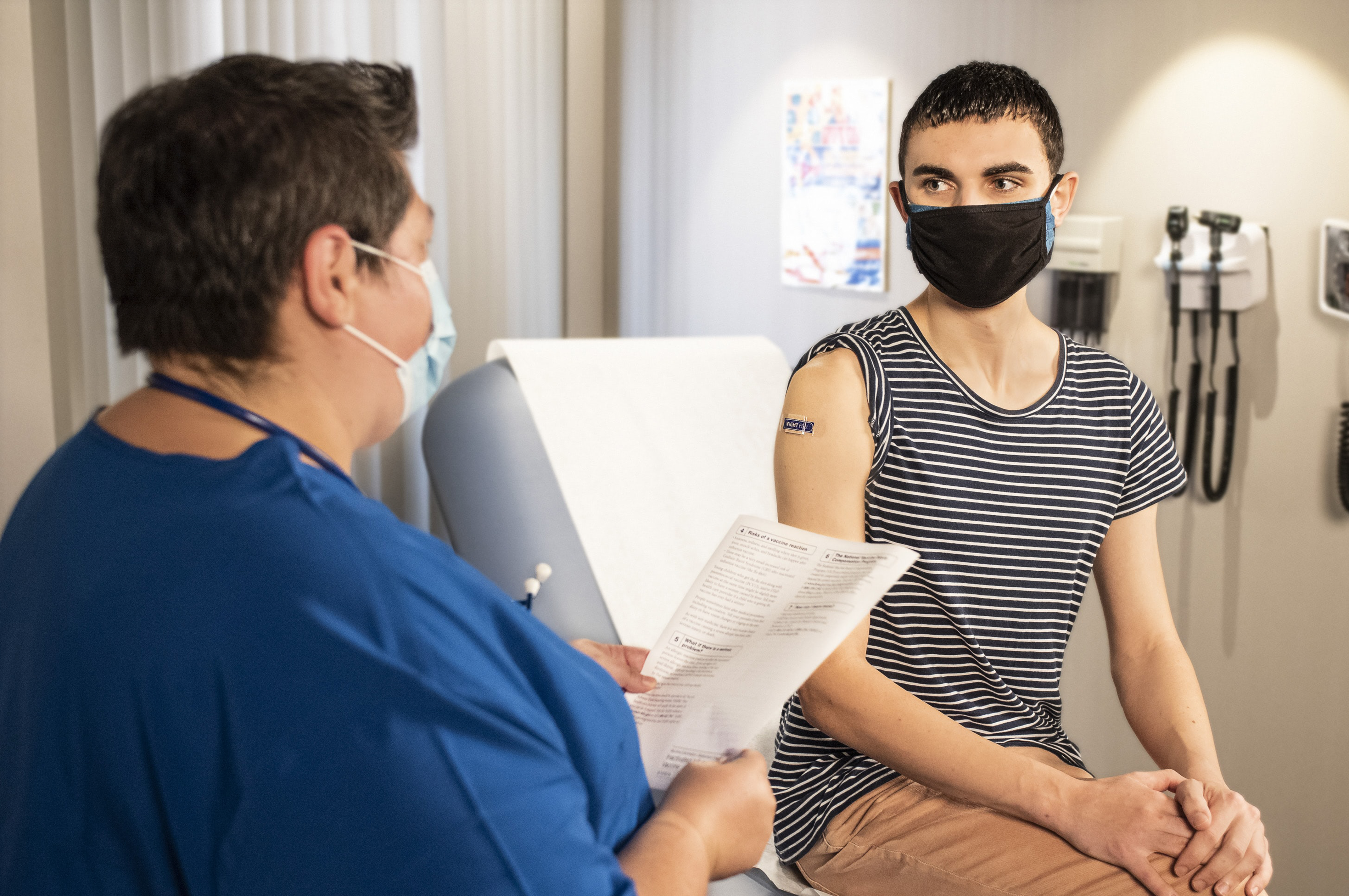Behavioral Health in Primary Care (BHPC) Series
Price
Credits
0.5 - 1.5 Nursing Continuing Professional Development Contact Hours
Format
Interactive Courses
Target Audience
- Interprofessionals
- Registered Nurses
Description
This series covers a wide variety of topics related to the delivery of behavioral health service in primary care. Topics include substance use disorders and mental health issues across the lifespan. These online courses and case studies are appropriate for RNs, LPNs and other members of the interprofessional team.
Overview
The modules in this series can be completed individually or altogether. Nursing continuing professional development contact hours will be provided for courses only, not case studies.
Individuals who complete this series will be able to:
- Apply skills that address behavioral health concerns in primary care patients.
- Describe how to mitigate social determinants that serve as barriers to good health.
- Recognize the presentation of behavioral health issues through evidence-based screening tools and assessment.
Click below to purchase individual courses and case studies.
Risk Screening for Behavioral Health Conditions
Depressive Disorders Child/Adolescent (Case Study)
Depressive Disorders Adult (Case Study)
Depressive Disorders Older Adult (Case Study):
LGBT Diversity Inclusion Child/Adolescent (Case Study)
LGBT Diversity Inclusion Adult (Case Study)
Risk Screening Child/Adolescent (Case Study)
Risk Screening Adult (Case Study)
Social Determinants of Health Child/Adolescent (Case Study)
Social Determinants of Health Adult (Case Study)
Substance Use Disorders Child/Adolescent (Case Study)
Substance Use Disorders Adult (Case Study)
Substance Use Disorders Older Adult (Case Study)
Trauma Related Disorders Child/Adolescent (Case Study)


 Donation
Donation
